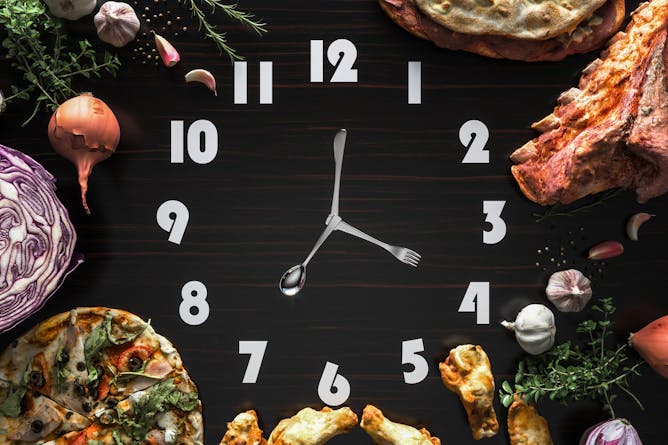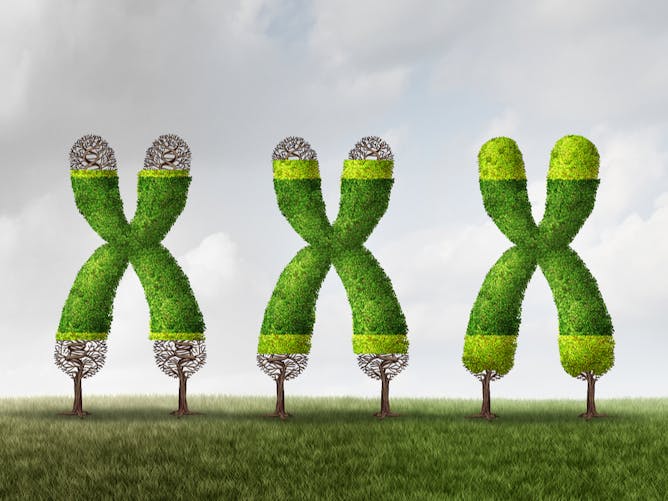|
|
|
Editor's note
|
|
If you’re looking for a way to stay healthy in this age of obesity, new research has uncovered an important clue. Satchin Panda, of UCSD and the Salk Institute for Biological Studies, just completed a study in mice that shows that eating all your meals within a certain window during the day may be key to keeping obesity and diabetes at bay – even when you eat sugary, fatty food.
Conservatives and President Donald Trump have accused Google News of delivering politically biased results, but recently published research from media scholars Seth Lewis and Efrat Nechushtai finds no such thing. However, they do find the question understandable: Google News does favor mainstream media sources, which are seen as leaning left, and isn’t transparent about how its algorithms work.
Science is advancing to a point where one day it might be possible to slow down or halt human aging. Philosopher John K. Davis, whose book for MIT Press deals with the subject of life extension, asks that we consider at least two questions: First, Is extended life good? Second, could extending life harm others?
|
Bijal Trivedi
Science and Technology Editor
|

|
|
Top stories
|

sukrit3d/Shutterstock.com
Satchin Panda, University of California San Diego
You've heard the adage, you are what you eat. But a new study suggests that you are 'when' you eat may be more accurate. Restricting eating times can keep chronic diseases at bay and ward off obesity.
|

Hey Google: How’s your news?
BigTunaOnline/Shutterstock.com
Seth Lewis, University of Oregon; Efrat Nechushtai, Columbia University
Google News does not differentiate search results according to users' politics – but it does favor mainstream news sites, which are seen as leaning left, and doesn't clearly disclose how its algorithms work.
|

Telomeres, a part of DNA that hold the key to biological aging.
Lightspring/Shutterstock.com
John K. Davis, California State University, Fullerton
Several companies are trying to develop life extension methods that could enable some people to live far longer. There are some ethical dilemmas.
|
|
|
|
|
|
|
|
|
From our International Editions
|
-
Hoa Trinh, University of Toronto
It's been 10 years since the U.S. signed into law a scheme to print money, essentially, and save the financial sector amid the sub-prime mortgage meltdown. Did it work? And who's truly benefitted?
-
Anthony Ware, Deakin University
A new report recommends the UN Security Council refer members of the Myanmar military – and potentially some Rohingya forces – to the International Criminal Court.
-
Tomas Bokedal, University of Aberdeen
The curious case of Bible #1, and how much we actually know about it.
|
|
|
|
| |
| |
|
|
|
|
|
|
|